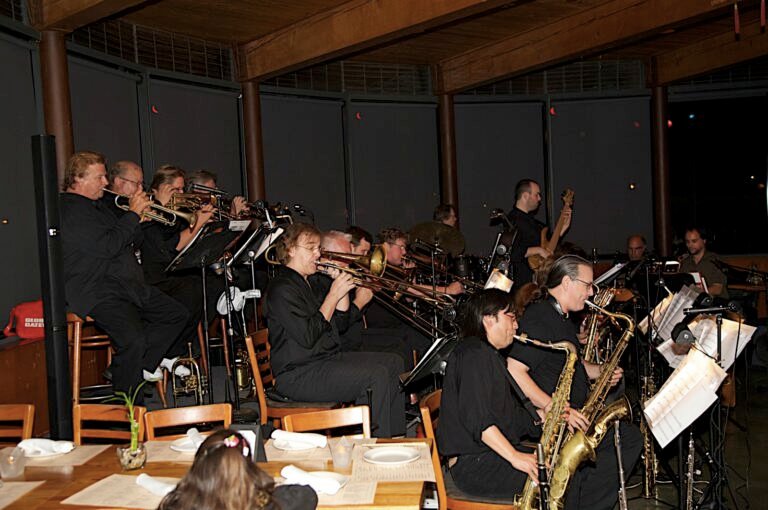The Crucial Role of an Orchestrator in Music Composition
The Role of an Orchestrator in Music Composition
When it comes to the creation of music for orchestral performances, the role of an orchestrator is crucial. An orchestrator is responsible for taking a sketch or MIDI file from a composer and transforming it into a full score for the orchestra. This process involves translating the composer’s vision into a format that can be effectively performed by a group of musicians.
The orchestrator’s primary task is to expand the composer’s initial ideas into a comprehensive musical arrangement that encompasses the entire orchestra. This involves making decisions about which instruments will play which parts, as well as determining the overall structure and dynamics of the piece.
Creating the Full Score
In the past, before the advent of computer technology, composers would often provide a simple 2 to 3-line sketch in pencil on paper. The orchestrator would then take this sketch and, using pencil and paper, create the full score, which represents every instrument in the orchestra. This process required a deep understanding of musical theory and orchestration techniques, as well as a keen ear for how different instruments interact with each other.
Today, with the advancements in music production technology, composers often create their music using computer software. They can produce a mock-up of how the music will sound with a full orchestra using MIDI files. It is then the orchestrator’s role to interpret the composer’s intentions from this mock-up and translate it into a detailed score for the orchestra.
Impact on the Overall Sound and Mood
The orchestrator’s decisions have a significant impact on the overall sound of the orchestra and the mood of the music for a film or any other performance. By choosing which instruments play which parts and how they are arranged, the orchestrator shapes the sonic landscape of the composition.
Furthermore, the orchestrator’s understanding of how different instruments blend and complement each other is essential in creating a cohesive and evocative musical experience. Their expertise in balancing the various elements of the orchestra ensures that the final performance accurately reflects the composer’s original vision.
In the context of film music, the orchestrator’s role is particularly crucial. They must work closely with the composer to understand the emotional and narrative nuances of the film in order to translate them into the musical score. This requires not only technical proficiency but also a deep appreciation for storytelling and the ability to evoke specific moods through music.
In conclusion, the orchestrator plays a vital role in the music composition process, working hand in hand with the composer to bring their musical ideas to life. Their skillful interpretation and orchestration of the composer’s vision ultimately contribute to the rich and immersive experience of orchestral music performances.






